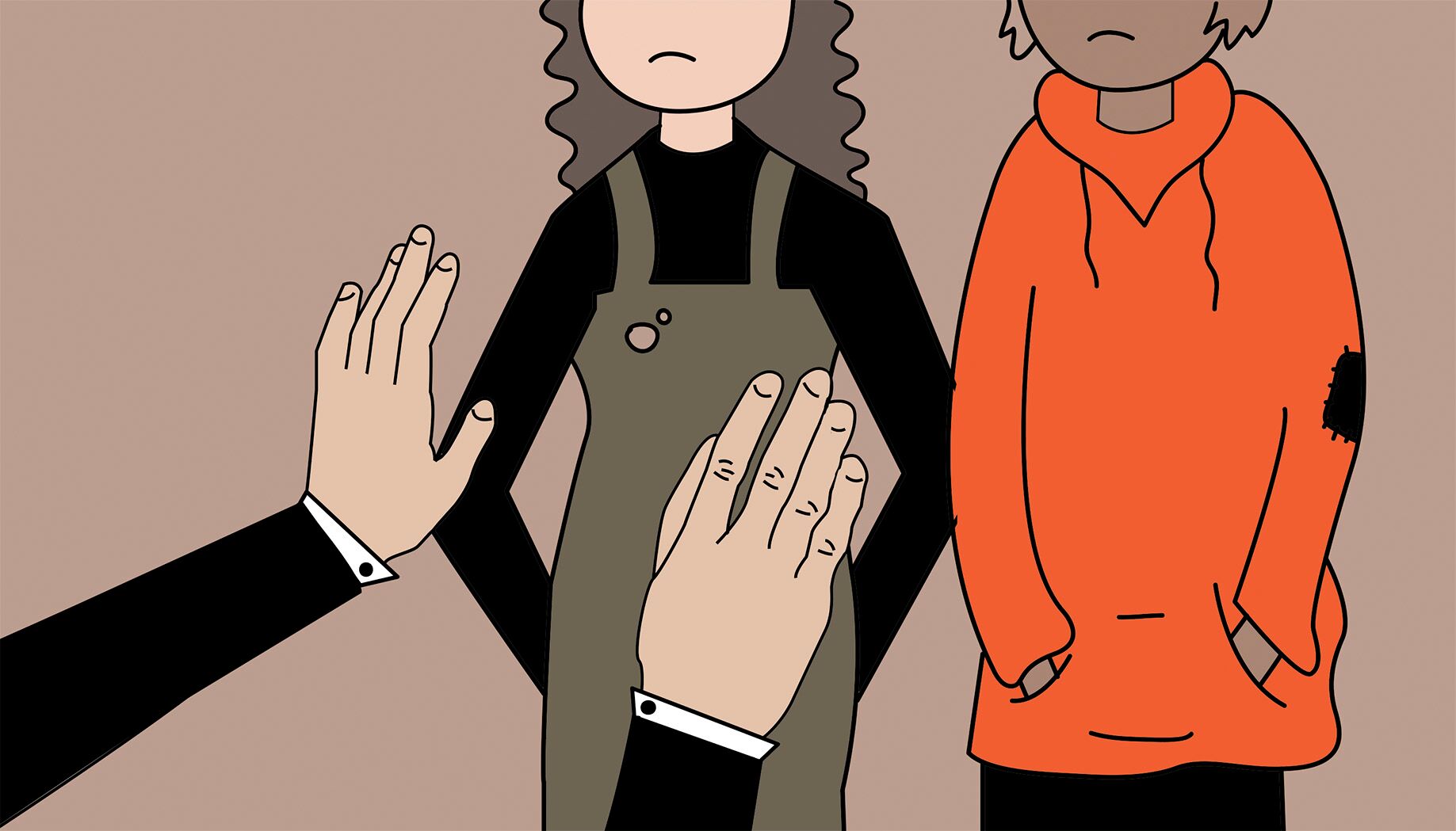One student’s experience with an elitist event and how it unfairly targets vulnerable students
Concordia has a classism problem. Higher education should be a place where students from various backgrounds have the opportunity to obtain an education and pursue their dreams, regardless of their socioeconomic status. University-funded events should at a minimum not impose additional barriers to those who are already struggling to pay for their degree.
Although scholarships and financial aid do mitigate some financial constraints, higher education remains an ivory tower requiring financial means to scale. Beyond the textbooks and tuition, Concordia should work at eliminating obstacles preventing students from participating in extra-curricular activities by ensuring money provided to clubs is spent appropriately. These additional funds could be used to help offset the cost of financially unstable students and allow greater access to the abundance of academic extracurriculars.
One extracurricular activity I participate in—a non-profit, CSU-funded organization—didn’t get the memo. I’m not naming the group because I know there is potential to grow and I am still involved. But this example applies to all groups because classism affects other campus organizations as well.
The organization-that-shall-not-be-named sends students to conferences throughout Canada, and sometimes the world to partake in debate and policy simulations. They are academically challenging events that help broaden the mind of participants.
A vital component of these conferences is a gala that occurs on the penultimate evening. These social gatherings are essential as they allow students to network and relax with their peers from various universities.
Unfortunately, the organizers didn’t seem to understand the meaning of accessible. I noticed this initially when the Facebook invitation for the party stated that those who didn’t wear gala attire would be turned away and admission cost $35. As I read the post, the combination of both the admission fee and dress code gave me an uneasy feeling.
We were already expected to wear “western business attire” throughout the four-day conference, a significant financial burden for many. Adding “gala attire” to an increasingly expensive, yet theoretically accessible, event for an evening felt like an insult to injury.
I am fortunate to come from a family that could afford the standard attire for the conference, however, neither my parents nor I have the funds to buy a tuxedo. Thankfully, I managed to get in the event with the same clothing I had worn throughout the weekend.
But what about those unlike me? Students who don’t have financial support from their parents, or who already spent money on clothing? What options did those who couldn’t afford gala attire (or who managed to make it in, like me) have? Thankfully, I wasn’t the only concerned person as I heard murmurs of discontent about the admission requirements. Nonetheless, the post remained online until after the gala.
We will never know how many people didn’t attend because they feared being turned away at the door, a repulsive display of elitism that doesn’t belong anywhere, let alone at an academic event. This is the nature of classism. It is hard to notice if one isn’t suffering from it, but once apparent, the remarkable apathy of others towards it is startling.
Perhaps admission to the gala would have been cheaper if the organizers didn’t choose Le Windsor—featuring a ridiculously extravagant ballroom in downtown Montreal—as the venue. A dissatisfied executive in the organization told me the cost of renting the space went well into thousands of dollars. Why didn’t they choose a cheaper venue (Le Windsor ended up being too large for the small number of attendees anyway) and use the money saved to help financially-challenged students?
Although I did not see anyone get turned away, I know Le Windsor staff were instructed to enforce the dress code, and allegedly scrutinized one participant’s attire before she was waved through by a friend. As students, do we want our collectively funded groups to prevent students from participating in academic programs based on the thickness of their wallets? I fear what is to come if we don’t tackle classism head-on; all injustices, including economic ones, are worthy of attention.
Graphic by @sundaemorningcoffee




